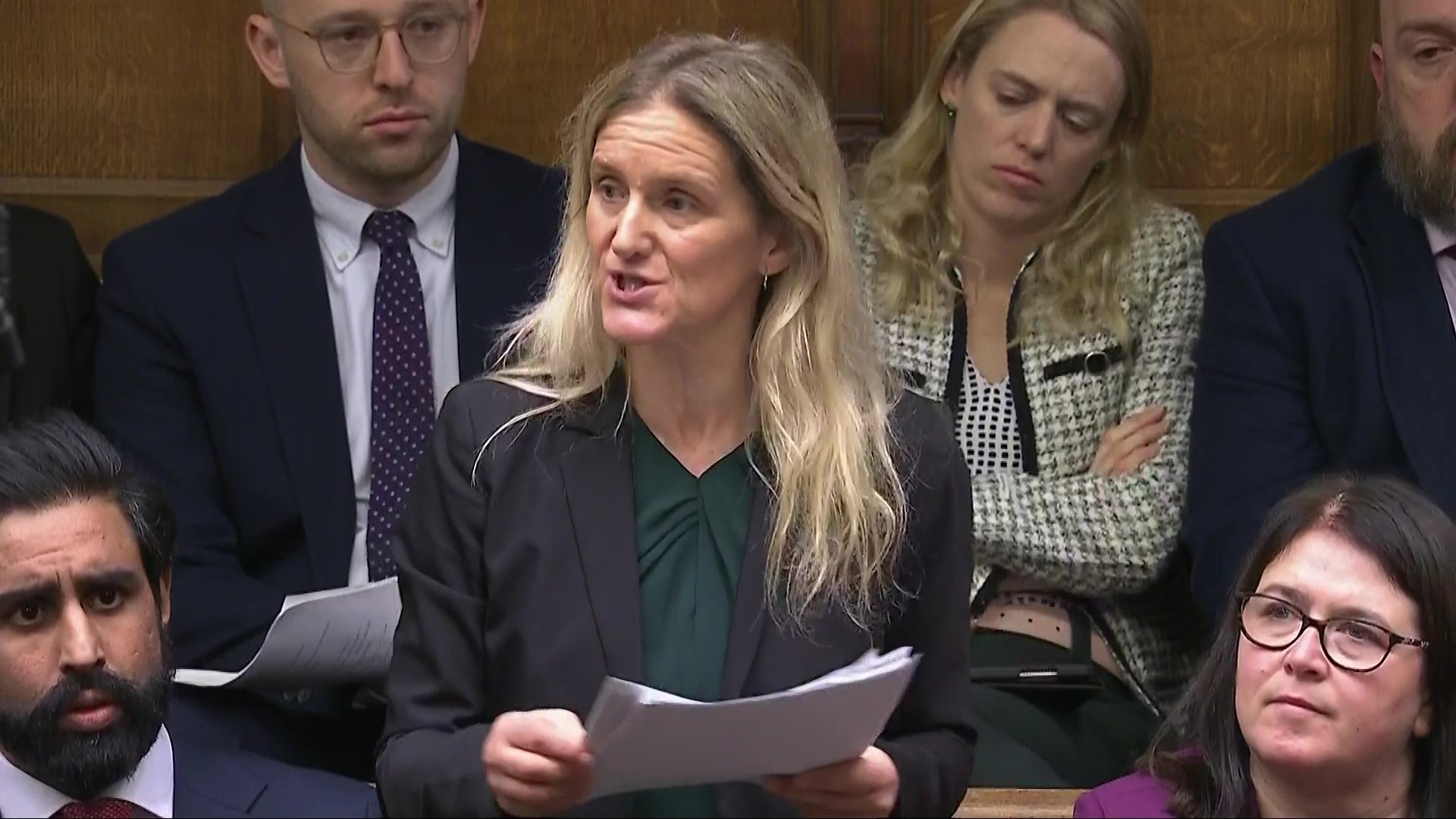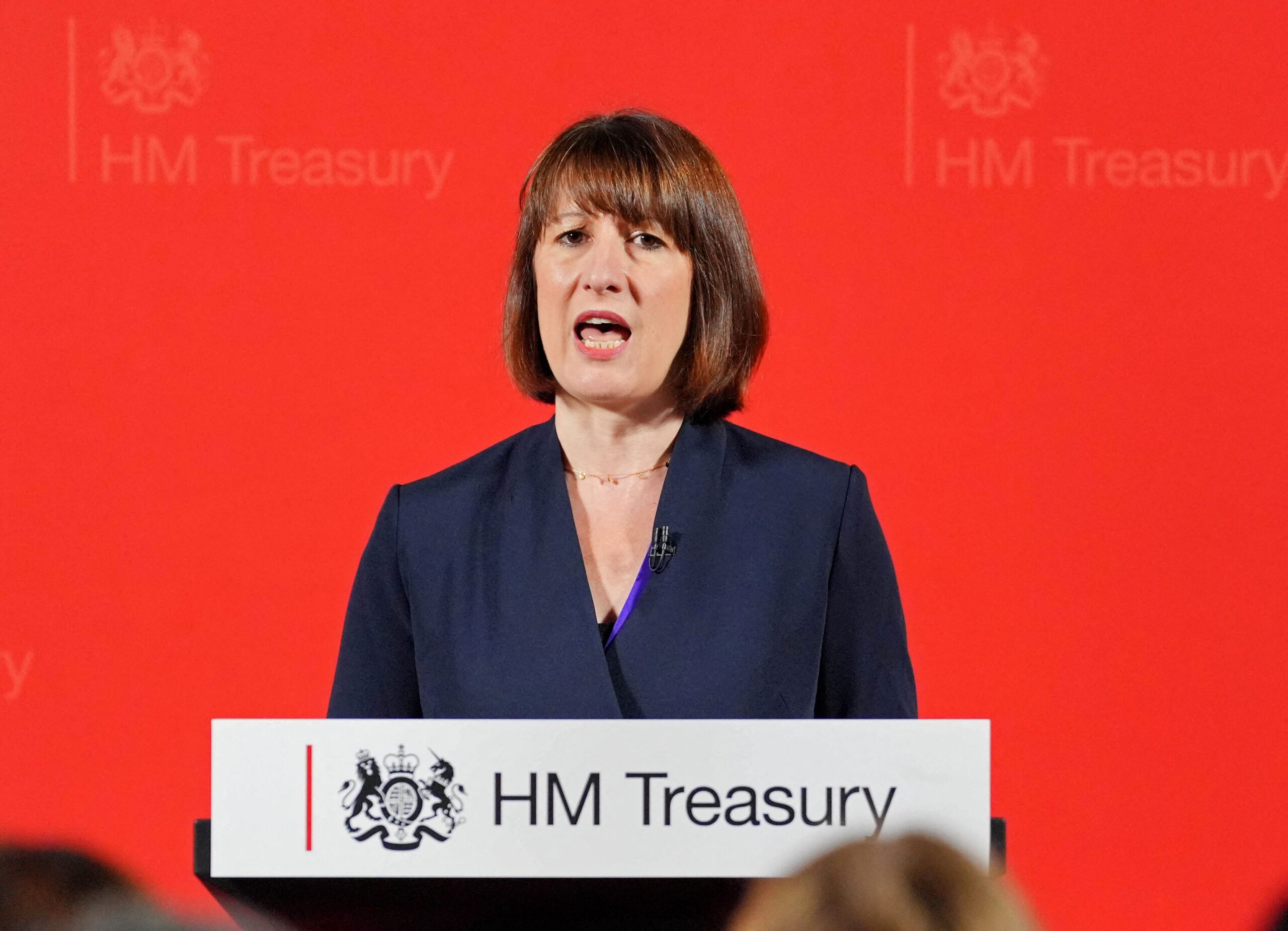Landmark reforms to legalise assisted dying have suffered a setback after the timeframe for their rollout was delayed by a further two years.
Kim Leadbeater, the MP behind the Terminally Ill Adults (End of Life) Bill, which historically passed the Commons in November, proposed the extension until 2029 as backstop, as MPs vote on amendments to the legislation, which has already seen controversial changes.
Ms Leadbeater said she was disappointed to propose the extension and acknowledged the “upset” felt by some supporters of the Bill, but said it was “more important to do this properly than to do it quickly”.
In comments provided to media outlets, Ms Leadbeater’s spokesperson stressed the four-year limit was not a target, “it’s a backstop”.
“Kim hopes and believes the service can be delivered more quickly if it becomes law later this year,” the spokesperson said.
“The bill now contains even stronger safeguards than when it was first tabled, with a new judge-led voluntary assisted dying commission and multi-disciplinary panels to examine every application. These will inevitably take longer to implement.”

Speaking at a Guardian event on Tuesday night, health secretary Wes Streeting – who has voiced his opposition to the reforms – praised Ms Leadbeater’s handling of the issue.
“I can’t fault the way in which she has tried to engage with people, including critics, on this issue, and that’s been reflected in the decision of the bill committee today,” the health secretary said in conversation with The Guardian.
Meanwhile, the Isle of Man’s parliament became the first part of the British Isles to pass assisted dying legislation.
Its Assisted Dying Bill will be sent for royal assent, having had its final reading by members of the legislative council on Tuesday.
Ms Leadbeater’s bill recently faced controversy when the committee scrutinising the bill voted to scrap the requirement for a High Court judge to approve assisted dying applications – the provision originally touted as the reason the proposed legislation for England and Wales would be the strictest in the world.
Anti-assisted dying campaigners said the move was a “grave weakening of the bill”, but those in favour called it a “welcome step forward”.
Reacting to the news, a group of 26 MPs said in a joint statement that the move “breaks the promises made by proponents of the bill, fundamentally weakens the protections for the vulnerable and shows just how haphazard this whole process has become.”
They said the committee had scrapped judges in favour of an “unaccountable quango”, and raised concerns that the panel might hear in private.
Conservative MP Danny Kruger said on Tuesday the NHS would, if the Bill being considered at Westminster passes into law, become the “national health and assisted suicide service”.
Ms Leadbeater told the committee: “I’m clear the process must be available as part of the range of services available to patients under the NHS and free at the point of need.”
Source: independent.co.uk


